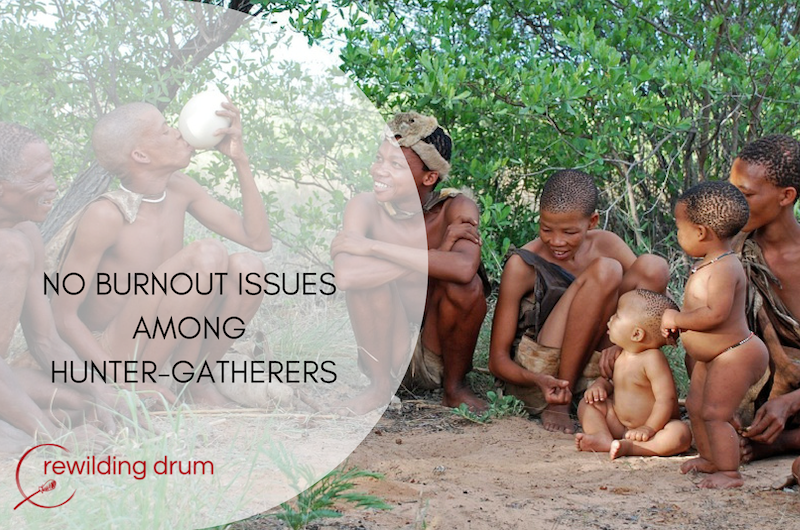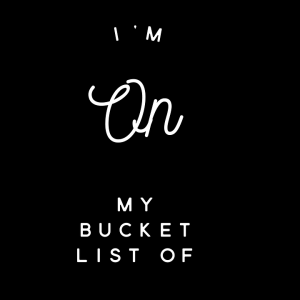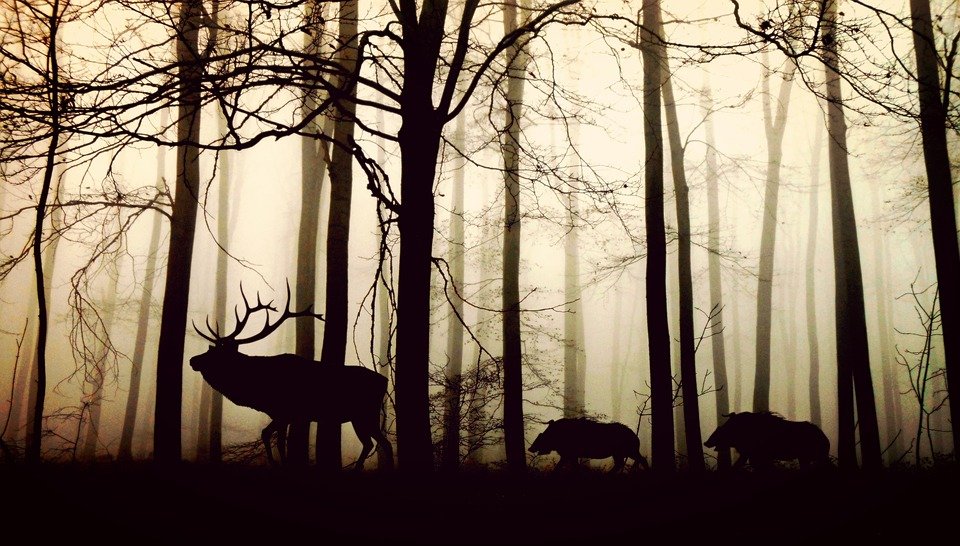One in ten Belgians feels unhappy in their job every day, but doesn’t dare to change.
One out of five young doctors is struggling with burnout.”
One in three Flemish parents sometimes experiences feelings of ‘parental burnout.’”
These are just a few headlines that can be found on Google by typing just one word: burnout. We know these facts to be true, yet we continue with the battle to “succeed.” It reminds me of a war scene in which the flag-carrier drops down, and the flag is immediately taken over by another soldier, because the flag should be unstoppable; it has to go forward at any cost.
There are many definitions of burnout, but here are a few examples from a long list:
- A feeling of physical and emotional exhaustion due to stress from working with people or under difficult/demanding conditions. Burnout is followed by signs such as chronic fatigue, quickness to anger and suspicion, and susceptibility to colds, headaches, and fevers.
- Persistent physical, mental, or emotional exhaustion caused by long-term stress, usually as a result of excessive workplace and/or personal responsibilities.
- A negative, persistent state of mind associated with work that occurs in “normal” individuals and is characterized by exhaustion, a sense of incompetence, demotivation, and dysfunctional behavior at work.
- A syndrome of emotional exhaustion, depersonalization and reduced personal competence that can occur in those who work professionally with other people.
In the past, the emphasis was (almost always) placed on the professional sphere and the workload, but today one could say that private life circumstances also have their influence.
The Symtoms
Burnout appears to consist of 5 core symptoms:
- Exhaustion
Both physical (your body is tired) and psychological exhaustion (you feel “off” and “empty”).
- Cognitive control loss
For example memory, attention, concentration, and performance problems, such as working slower or making mistakes because of a disturbance in your cognitive functioning.
- Emotional control loss
Characteristics of this are violent emotional reactions (such as anger or crying) over which one has no control. Moreover, this is often accompanied by a low tolerance limit (one no longer has patience).
- Complaints of depression
A darker mood or guilt. (This is probably the reason why burnout and depression are often confused.)
- Mental distance from work
In most cases, people experience a strong resistance to work during a burnout and withdrawing mentally or physically from work.
The ultimate aim of the classic treatments for burnout is to get back to work as soon as possible. It is valuable advice to rest, relax, and to be less of a perfectionist, but the lifestyle that may be contributing to burnout is not being addressed.
Expectations and the Bucket List
We all want to build a nice career, be fit and healthy, run the Berlin and New York marathons, be a cool mum or dad, and eat a croissant in Paris tomorrow morning. We want our children to have the right hobbies for their future CV and let them have the best possible education to increase their chances of “succeeding” in life. We want a challenging and varied job, and to be able to choose between Bora Bora and Namibia as our next travel destination.
That bucket list sounds quite exciting, but there’s a lot of work involved in earning the money to do so.
We have become very intelligent and handy about everything, or so we think. We become arrogant about it – thinking we can alter the natural rhythms of life and order things online for immediate delivery. We want this, we want that, and we keep wanting more until our bodies and/or minds say:
Stop! Stop! Stop! STOP!!
We feel empty and burned out; we walk around like zombies. We might be, at this very moment, in the middle of a burnout or maybe heading toward one in the near future.
What now?
Get Rid of that Burnout! How? Rewilding, of course!
We must dare to make choices.
The choice is between fast and superficial or slow and profound. We have to let that wild side in us speak and question whether we should walk the path of life that we imagined. Reset those goals once in a while, and question what you really want now. What do you really need to be mentally and physically happy? You should consider banishing everything else. Less is more!
Perhaps there are no scientific studies about it, yet, I dare to state with some certainty that burnout does not exist among the hunter-gatherers, although they definitely have their own unique survival challenges.
Our paleolithic ancestors mainly let nature to take its course. Nature did the job of providing animals to hunt and planting seeds to grow. So the hunter-gatherer had what food he/she/the tribe needed provided by nature. About 4 to 6 hours a day were spent on collecting food and other necessary chores. The rest of the day allowed time for rest and play. When scarcity threatened a certain area, they moved on, looking for a new place.
As farmers, humans took over the task of nature. Working the ground, sowing, protecting against weeds and birds, and supplying water and fertilization. When there was an abundant harvest, it was kept in large storage places which also had to be guarded. The working day became longer and much more monotonous.
With industrialization, humans became even worse off. We may now have banknotes in our wallet, but have we also become directly and proportionately happier?
The bucket list of the hunter-gatherer looks something like this:
- Food and water
- Shelter
- Fire
- Free time for friendship and love
Go talk to nomads, hunter-gatherers, and people living close to nature in general. Their time frame is completely different! Their work schedule is directed by nature:
- When the sap flows from the birch tree
- When the ice is thick enough
- When the first mushrooms come out
- When the bellowing of the deer starts
Their entire way of life is based on the rhythm of nature – a rhythm that remains the same from generation to generation. (Only climate change is capable of altering that rhythm.) That rhythm is imposed by nature, and it yields the peace and serenity that we have not known for a long time.
To what extent is the speed with which we rage through life today comparable to the rhythm of our grandparents and great-grandparents? At work, our parents wrote letters by hand; the typewriter and computers are modern things. Today you will get a reminder if your incoming email from this morning has not been answered by the late afternoon.
Smart scientists search for all kinds of devices and techniques to make us faster and more efficient. The demand for quick answers and solutions is enormous! But maybe sooner than later, scientists will be asked to invent machines to make time go slower again.
Our Hunter-Gatherer DNA Sees it all with Displeasure
“But, time is money!” or “Time cannot be bought!” Really?
Time is something that modern man has invented. Monday, Tuesday or Wednesday … what does it matter? Time is something that we invented because we wanted to dominate the natural rhythm. Calendars and time divisions of nature peoples are circular; ours is linear.
So? REBOOT your Lifestyle!
Rewilding is searching for (and finding!) ways to reconnect with the rhythm of nature. No, it is not easy in this turbulent world, but it’s not impossible, either.
Here are some tips and tricks to get started:
– Go to sleep early and wake up without using an alarm clock.
– Eat local and seasonal foods in order to get in tune with with the seasons.
– There’s no better way to stop rushing and become more patient than through hunting, fishing and collecting. Start, no matter how small, with a vegetable garden. Try to be completely dependent on what nature has to offer and when.
– Go for slow food instead of fast food. Spend the necessary time preparing your meal, and eat slowly instead of devouring it. Food is one of the best ways to reconnect with nature,.
– Opt as much as possible for the slower way than for the fastest solution. For example, go shopping locally instead of ordering online and impatiently wondering why the delivery takes so long.
– Walk! A kilometer (or a mile) on foot creates a completely different (time) dimension than covering that distance in a minute by car (and then still be standing in traffic, frustrated).
– Embrace the natural elements and the four seasons. “Sunny and warm” are not the only conditions that are right for planning outdoor activities.
– “Niksen” is a Flemish verb that makes us world-famous. (Other languages apparently do not succeed in putting the art of doing nothing so briefly and powerfully into one verb as we do.) Try just doing nothing, preferably in a peaceful, quiet, natural environment.
– Think as a nomad. Imagine you are travelling with the fewest amount of possessions possible from one place to another. Get rid of all that stuff you don’t need! Don’t let marketing and discounts seduce you into buying more and more and more. LESS is more ! Spending money on useluss stuff is one of those reasons people get into a ratrace. Carefully choose sustainable and wise consumption.
Learn to Say No
When the demands others make on us become overwhelming, drawing boundaries is critical.
Saying “no” or “not today” or “sorry, I can’t” never comes easily. Many of us readily grant friends, relatives, colleagues, neighbors, or others our time and attention without appreciating how stretched it already is and because we hesitate to disappoint them. But taking on new responsibilities without taking stock of the ones we already have is a recipe for exhaustion. Recognizing when we’ve stretched too far, getting our priorities straight, and calmly communicating our needs can be empowering.
Do a vision quest, find out what really matters to you, and get rid of all the rest that causes nothing but troubles, mentally and physically. Maybe you should give that hunter-gatherer bucket list a try (food and water, shelter, fire, friendship and lots of love).
Stepping out of the rat race is not always easy. Take small steps in the right direction with simple adjustments. It’s not rocket science! On the contrary, the hunter-gatherer shows us the way to go.
It’s your turn!
Tell us!
Do you have another tip?
Have you had a burnout?
Do you feel that one is coming?
How are you trying to cut it off the pass or change directions?
Are you going to try out that Rewilding Lifestyle?
Let us know in the comments!
A hug,











Recent comments